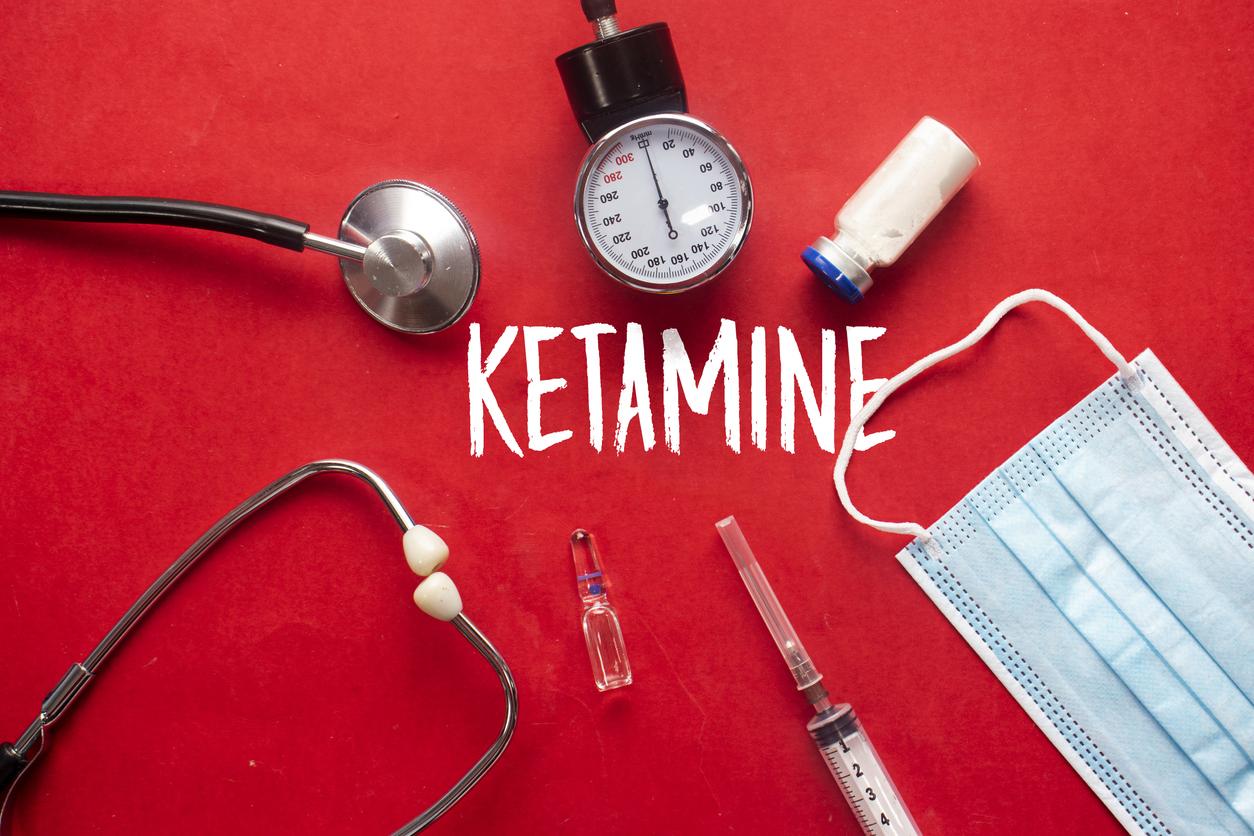Depression and gestational diabetes are closely linked. Suffering from one pathology increases the risk of developing the other during pregnancy.

Protect their well-being, both physical and psychological. This is advice regularly given to pregnant women. The two can be closely related. Thus, depression and gestational diabetes often occur together. A study by the National Institutes of Health (NIH) confirms this observation. Published in Diabetologia, it highlights a significant association between these two pathologies, in both directions.
No more postpartum depression
The risk of diabetes before childbirth is higher in women who are depressed early in their pregnancy. Indeed, when the symptoms are marked, the probability of this complication occurring is three times greater. This is what the follow-up of 2,8000 pregnant women reveals. Of these, 470 were obese. In the latter case, the risk of gestational diabetes is already high. The state of mental health did not therefore have a major impact on it.
But the reverse analysis reveals results that call for just as much caution. The likelihood of developing postpartum depression is higher in women whose blood sugar levels rise during pregnancy. 15% of them experienced a sudden drop in morale following their birth. This is four times more than those who remained in good metabolic health during gestation.
At least one screening
“Until we know more, doctors would do well to consider checking for signs of gestational diabetes in pregnant women with symptoms of depression,” says Stefanie Hinkle, lead author of the study. Likewise, screening for signs of psychological distress is indicated if the woman developed diabetes during gestation. With this advice, the researcher agrees with the American College of Obstetricians and Gynecologists. It recommends at least one screening in the perinatal period, that is to say between 22 weeks of pregnancy and the week following childbirth.
The signatories of the publication still call for caution: no cause and effect relationship emerges from this work and the risk factors are present in both cases. Depression is, for example, associated with poorer glucose uptake. Conversely, too high blood sugar can cause more inflammation or hormonal changes. These are likely to lead to depression.

.

















